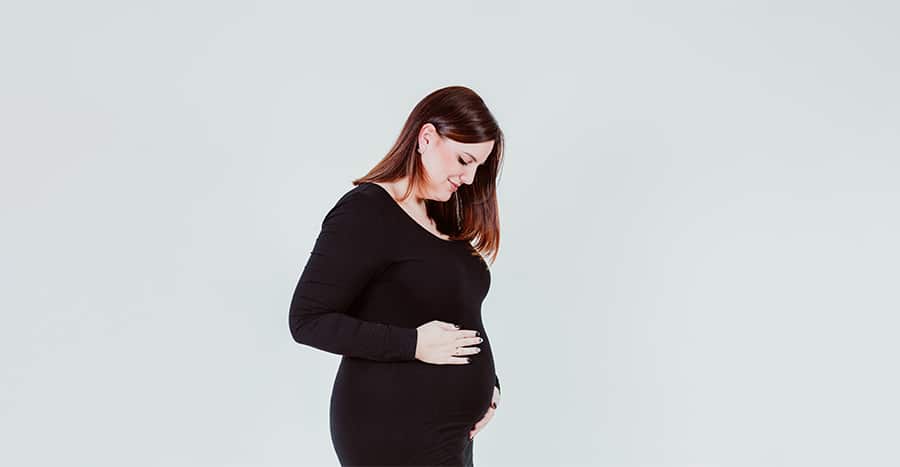Intrauterine Fetal Testing

Testing the fetus or the embryo for diseases or conditions before it is born (while in utero) is called intrauterine fetal testing. Testing is done to detect birth defects like neural tube defect, Down’s syndrome, thalassemia, cystic fibrosis, fragile X syndrome and other genetic diseases. Conditions such as cleft palate, spina bifidia, sickle cell anemia, muscular dystrophy can also be detected. Intrauterine Fetal testing can be done by amniocentesis, ultrasonography, serum marker testing or by genetic screening.
Amniocentesis and chronic villus sampling can be listed under invasive tests while ultrasonography and maternal serum screens are listed under non invasive tests. Invasive tests can be harmful to the mother and the fetus, but if a genetic defect is identified through a non invasive test, an invasive test is done to gather more information about it. Certain women are more at risk of giving birth to babies who have these types of issues. Those women who might consider to have these tests done are women:
- Who are older than thirty five
- Who have previously given birth to children with birth defects
- Who have family histories of genetic disorders
- Who have had miscarriages or delivered premature children
- Who are suffering from diabetes, high blood pressure, epilepsy, asthma, lupus
- Who are bearing more than one child
The aims of intrauterine fetal testing are stated as:
- To enable timely treatment of a condition before or after birth. ( Conditions like Spina bifidia can be corrected)
- To give the parents enough time to prepare mentally, financially, socially and medically for a baby with a defect or the risk of stillbirth.
Even though intrauterine fetal testing has advantages, it has many disadvantages too. Ethical, medical and social problems have risen due to this. Aborting a fetus, primarily for the selection of sex of the baby is considered unethical. And the risk of amniocenteses is argued to be greater than its benefit. Therefore intrauterine fetal testing should only be done after fully understanding the benefits and potential risks, parents to be should speak with one of our doctors to fully understand this procedure.

